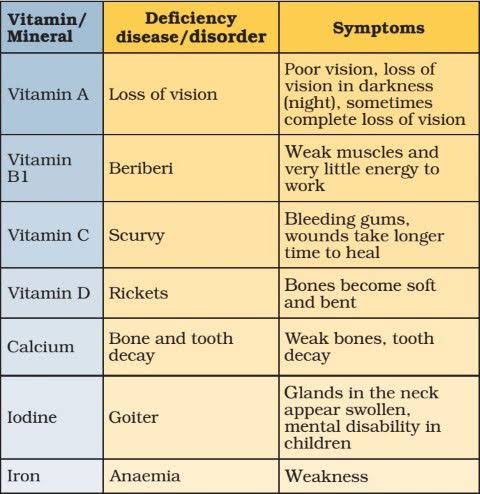- Get link
- X
- Other Apps
JUST IN
- Get link
- X
- Other Apps
 Google source
Google sourcePhosphorus is a mineral that’s found in the bones and processed by the kidneys. In fact, 85 percent oqssf the phosphorus found in the body resides in the bones and teeth.
While calcium often gets the spotlight for protecting bone health, phosphorus is just as important. The mineral also exists in smaller amounts in cells and other tissues for growth and repair. It’s part of a bigger picture — a balance of other vitamins and minerals in the body, like vitamin D, iodine, magnesium, and zinc.
A phosphorus deficiency is uncommon. It happens when the body has low levels of this vital mineral. Poor diets or eating disorders may contribute to a deficiency. Other medical conditions or situations that cause levels to fall include diabetes, inherited disorders, and alcoholism.

Some medications can cause phosphorus levels to drop, including some antacids and diuretics (water pills). Symptoms of phosphorus deficiency include loss of appetite, anxiety, bone pain, fragile bones, stiff joints, fatigue, irregular breathing, irritability, numbness, weakness, and weight change.
Most people don’t need to supplement their phosphorus. Usually, foods give the body enough of this mineral. That said, if you suspect you have a deficiency, contact your doctor. You may have an underlying condition that affects your ability to store phosphorus. Treatment of the condition and eating a healthy diet may help get your levels back to normal.
Foods rich in phosphorus
If you’re looking to boost your levels without supplements, you can focus on foods rich in phosphorus. However, not all phosphorus-rich foods are part of a healthy diet. Most processed foods do contain high amounts of this mineral, for example. Work with a dietician if you’re in need of more phosphorus in your diet.
- Beverages
- beer
- cocoa or chocolate drinks
- dark colas
- drinks made with milk
- canned iced teas
- milk
- Dairy
- cheese
- liquid nondairy creamers
- custard and pudding
- ice cream
- yogurt
- cream soups
- Protein
- oysters
- sardines
- fish roe
- eggs
- nuts and legumes
- beef liver
- salmon
- chicken liver
- other organ meats
Other foods and prepared foods
- chocolate candies
- caramel candies
- most processed foods
- oat bran muffins
- pizza
- brewer’s yeast

Comments
Post a Comment
Let know your comments